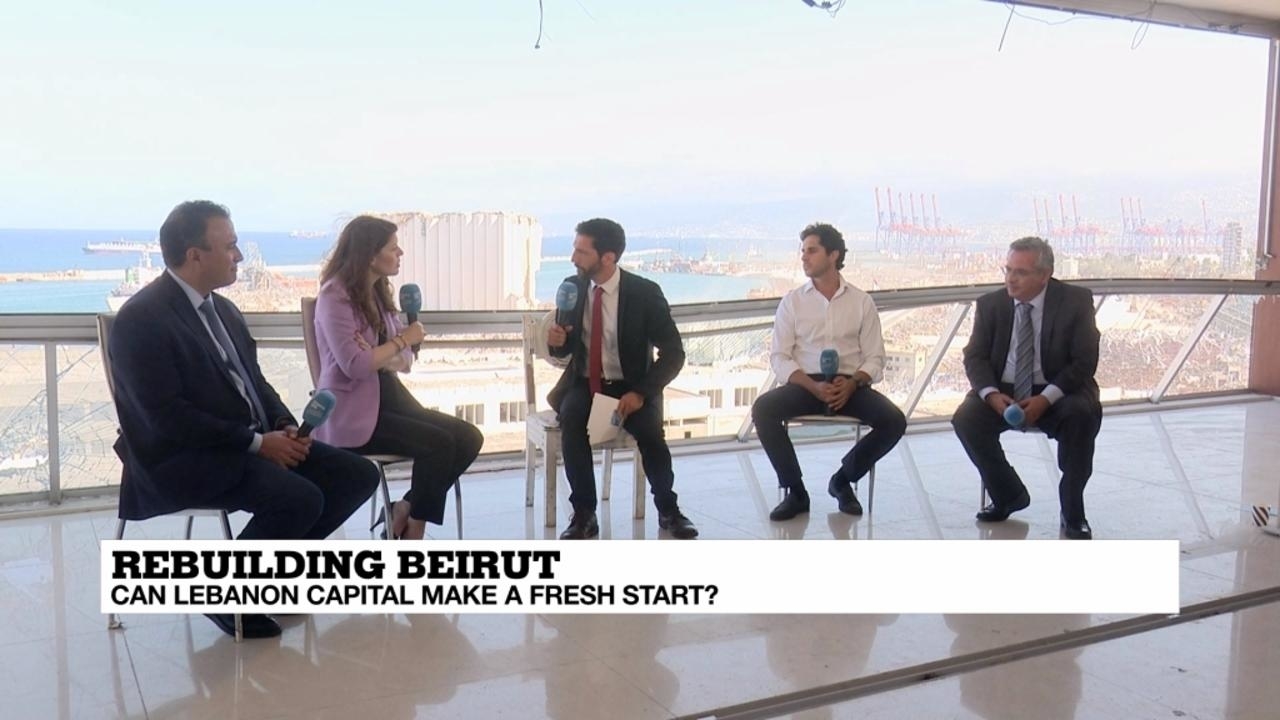Canada’s planned $7m weapons shipment to Kurdish fighters stuck in limbo


Canada's stalled arms shipments consists of $7.5m of so-called lethal aid and $12.2m of non-lethal aid (AFP)
MONTREAL, Canada – The government of Canada says it is still figuring out what to do with more than $7 million of “lethal aid” destined for Iraq, after the arms shipment was frozen once the war against the Islamic State (IS) group ended.
The weapons were originally planned to be shipped to Kurdish Peshmerga fighters, who have been allied with Canadian and other international forces engaged in the fight against IS, also known as ISIS or Daesh, in Iraq.
However, the countrys central government in Baghdad has refused to allow the shipment to go ahead, CBC News reported last month, over concerns the weapons could be used to bolster the Kurds push for independence.
Canada suspended its military training programme in Iraq after fighting broke out between Kurdish and Iraqi forces last year, but more than 100 members of the Canadian military remain in the country, CBC News also reported.
Patricia Brunelle, a public affairs officer at Canadas Department of National Defence, said the “dynamic” nature of what is happening in Iraq “requires deliberate, responsible reflection” about the arms shipment.
Canadian military operations are “constantly under assessment” and the government aims to ensure the delivery of equipment and small arms, “is provided under the right conditions”, she told Middle East Eye in an email.
“No specific delivery plans have been made by Canada as we continue examining our options,” Brunelle said.
The shipment consists of $7.5m of so-called lethal aid and $12.2m of non-lethal aid, she said.
Brunelle said she could not provide MEE with a list of equipment included in the planned shipment to Iraq, but she said the items are currently stored at a military depot in Montreal.
CBC News reported last month that grenade launchers, sniper rifles, mortars and anti-tank rockets were part of the original weapons shipment.
Why is Canada's strategy?
With the arms transfer stalled, some Canadian foreign policy experts say the government needs to provide a clear rationale for why it still plans to send the weapons to Iraq – and who will be getting them.
“We need a clear articulation of a rationale for the further use of these weapons in Iraq and we havent heard that,” said Peggy Mason, president of the Rideau Institute, an independent foreign policy think-tank in Ottawa.
Mason told MEE the bigger question is: what is Canadas long-term plan in Iraq?
We need a clear articulation of a rationale for the further use of these weapons in Iraq and we havent heard that
– Peggy Mason, Rideau Institute
“Weve been down this road with Afghanistan,” said Mason, referring to Canadas military deployment to that country between 2001 and 2014.
“We would train and train and train military forces and its the broader governance issues” that need to be addressed, Mason said.
“If the broader drivers of the conflict – for example, Sunni-Shia tension [in Iraq] – are not addressed, then the training is not going to succeed.
“What Im interested in is an articulation from the government, led by the foreign minister ideally, as to what is our strategy going forward with regards to helping Iraq stabilise and sustain the peace,” she said.
Questions linger
Canada ended air strikes in Iraq and Syria that same year, shifting its mission to training Kurdish forces in Iraq, known as the Peshmerga. But that downgraded mission was not without its own controversy.
Canadian forces were forced to respond to criticism when images showing them sporting the Kurdish flag on their uniforms surfaced in May 2016.
At the time, the federal government said the flag was added to Canadian military uniforms as a way to ensure the troops safety.
READ MORE ►
US to end weapons support for Syrian Kurdish YPG, Turkey says
But for many, the flag – red, green and white, with a yellow sun at the centre – made it appear as though Canada supported Kurdish ambitions for an independent state in Iraq.
That would run contrary to Ottawas stated policy of supporting a unified Iraq under the remit of a central government in Baghdad.
A Kurdish government (KRG) currently oversees a semi-autonomous region in northern Iraq. Last September, Kurds in Iraq overwhelmingly voted in favour of independence, prompting violence between Iraqi and Kurdish forces.
Mason said seeing Canadas mission in Iraq fall apart after the war against ISIS ended, largely due to concerns about the Kurds separatist agenda, “was not unforeseeable”.
“They didnt appear to have thought that far down the road,” she said.
Ultimately, Mason said that whatever happens with the arms shipment, Canada should look beyond military training – and devote more attention to supporting good governance in Iraq.
Helping local authorities build good relations between the countrys various communities will be critical.
“It goes beyond the NATO remit of looking at training and so on. [Canada] should be doing much more.”
[contf]
[contfnew]

middle east eye
[contfnewc]
[contfnewc]




